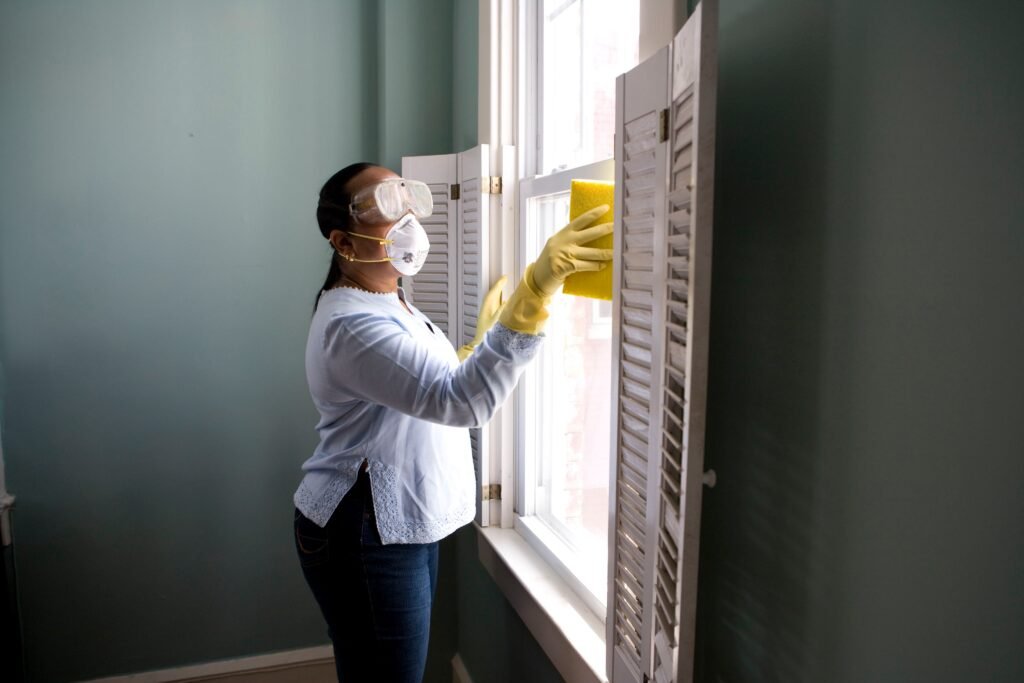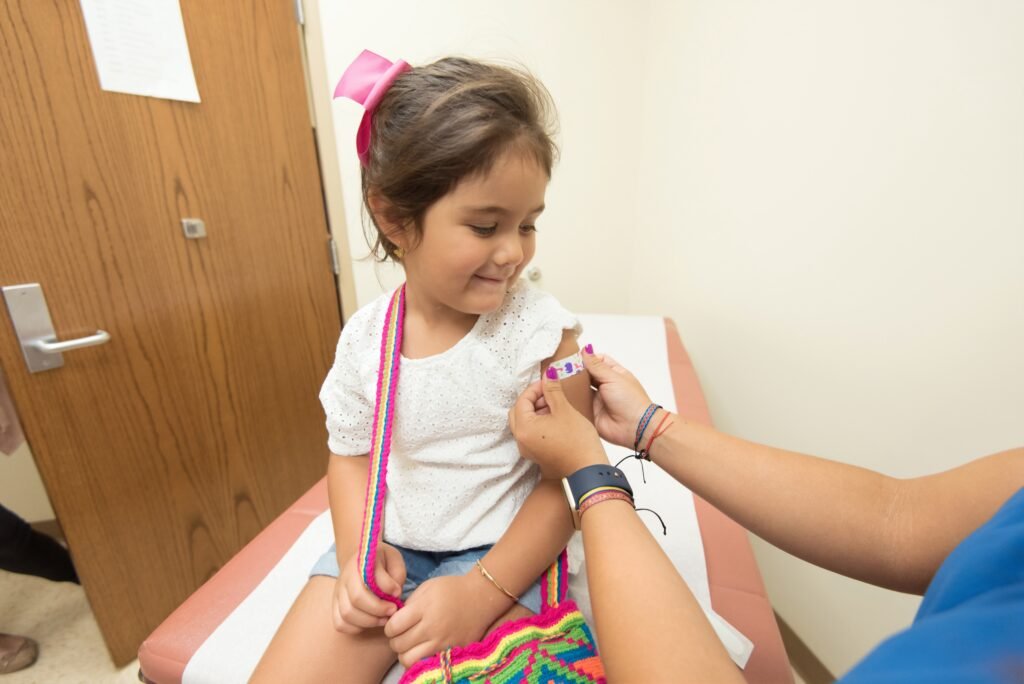So you just found out that your child has been diagnosed with kidney stones. It’s not something you ever expected, and now you’re left wondering how this could have happened and what you can do to prevent it from happening again. Well, you’re in the right place. In this article, we will provide you with some important tips and strategies to help you prevent pediatric kidney stones and ensure your child’s well-being. So let’s get started!

This image is property of images.unsplash.com.
Understanding Pediatric Kidney Stones
What Are Pediatric Kidney Stones?
Pediatric kidney stones are small, hard mineral deposits that form in the kidneys. These stones can vary in size and texture, ranging from tiny grains to larger stones that can block the urinary tract. Kidney stones can cause pain and discomfort and may affect the overall kidney function if left untreated.
Types of Pediatric Kidney Stones
There are several types of kidney stones that can affect children. The most common types include calcium stones, which are formed by a buildup of calcium in the urine, and struvite stones, which are caused by urinary tract infections. Other types such as uric acid stones, cystine stones, and brushite stones are less common but can also occur in pediatric patients.
Causes of Pediatric Kidney Stones
Various factors can contribute to the formation of kidney stones in children. In many cases, an underlying medical condition or a combination of factors may be responsible. Common causes include inadequate hydration, dietary factors (such as excessive salt or sugar intake), genetic predisposition, certain medications, and metabolic disorders. Understanding the underlying causes can help in the prevention and management of pediatric kidney stones.
Recognizing the Symptoms of Pediatric Kidney Stones
Common Symptoms of Pediatric Kidney Stones
Recognizing the symptoms of kidney stones in children can be challenging, as they may present differently from adults. Common symptoms include severe abdominal pain, blood in the urine, frequent urge to urinate, pain during urination, cloudy or foul-smelling urine, and nausea or vomiting. It is important to note that some children may not exhibit any symptoms until the stone becomes large enough to block the urinary tract.
Avoiding Misdiagnosis
Pediatric kidney stones can often be mistaken for other conditions, such as urinary tract infections or appendicitis, due to similar symptoms. Misdiagnosis can delay proper treatment and lead to unnecessary discomfort and complications. Therefore, it is crucial for parents to communicate their child’s symptoms accurately to healthcare providers and advocate for further evaluation if kidney stones are suspected.
Seeking Medical Attention
If your child is experiencing symptoms that may be related to kidney stones, it is important to seek medical attention promptly. A healthcare professional will evaluate the symptoms, perform necessary tests, and provide appropriate treatment or guidance. Early detection and intervention can help prevent complications and promote better outcomes for children with kidney stones.
Risk Factors for Pediatric Kidney Stones
Age and Gender
Although kidney stones can occur at any age, certain age groups are more susceptible. Pediatric kidney stones are more common during adolescence, possibly due to hormonal changes and dietary habits. Boys are more likely to develop kidney stones than girls, especially during childhood.
Genetic Factors
There is evidence to suggest that genetic factors may play a role in the development of kidney stones in children. If a family member has a history of kidney stones, there is a higher likelihood that a child may also develop them. Understanding the familial risk can help identify children who may require more vigilant preventive measures.
Dehydration
Inadequate fluid intake and dehydration are significant risk factors for kidney stone formation. When the body lacks sufficient water, the urine becomes concentrated, increasing the risk of mineral crystallization. Encouraging children to drink an adequate amount of fluids, especially water, is essential for maintaining proper hydration and reducing the risk of kidney stones.
Dietary Habits
Dietary factors can contribute to the formation of kidney stones in children. Consuming excessive amounts of salt, processed foods, sugary beverages, and animal protein can increase the risk. On the other hand, a diet rich in fruits, vegetables, whole grains, and low-fat dairy products can help prevent kidney stones. Encouraging a balanced and healthy diet from an early age can significantly reduce the risk of kidney stone formation.
Diagnosing Pediatric Kidney Stones
Initial Evaluation
When a child presents with symptoms that may be indicative of kidney stones, the healthcare provider will conduct an initial evaluation. This typically involves a thorough examination of the child’s medical history, including any previous episodes of kidney stones, family history, and overall health. The healthcare provider may also inquire about the child’s diet, fluid intake, and lifestyle habits.
Diagnostic Tests
To confirm the presence of kidney stones, various diagnostic tests may be ordered. These can include urine analysis to check for blood or crystals in the urine, blood tests to assess kidney function and determine mineral imbalances, and imaging studies such as ultrasound or CT scan to visualize the stones within the kidneys or urinary tract. These tests can help determine the size, location, and composition of the stones, guiding appropriate treatment and preventive measures.
Medical History and Physical Examination
The medical history and physical examination play a crucial role in diagnosing pediatric kidney stones. The healthcare provider will assess the child’s symptoms, perform a comprehensive physical examination, and gather information about any underlying medical conditions. This information, combined with the results of diagnostic tests, will guide the healthcare provider in developing an effective treatment plan tailored to the child’s specific needs.

This image is property of images.unsplash.com.
Preventing Pediatric Kidney Stones through Lifestyle Changes
Maintaining Proper Hydration
Promoting proper hydration is crucial in preventing kidney stones in children. Encourage your child to drink an adequate amount of fluids throughout the day, especially water. This helps dilute the urine and prevent mineral buildup. Packing a water bottle for school or extracurricular activities can serve as a reminder to stay hydrated.
Balanced Diet and Nutrition
A well-balanced diet plays a vital role in preventing pediatric kidney stones. Encourage your child to consume a variety of fruits, vegetables, whole grains, and low-fat dairy products. Limit their intake of salt, processed foods, and sugary beverages. Providing healthy meal options at home and educating your child about the importance of nutritious eating can help them develop lifelong habits.
Avoiding Trigger Foods
Certain foods and beverages can increase the risk of kidney stone formation. For example, high-sodium foods, such as fast food or packaged snacks, can contribute to calcium stone formation. Oxalate-rich foods like spinach, rhubarb, and chocolate can increase the risk of oxalate stones. Limiting consumption of these trigger foods can help reduce the likelihood of kidney stone formation.
Weight Management and Exercise
Maintaining a healthy weight and engaging in regular physical activity can significantly lower the risk of pediatric kidney stones. Excess weight and a sedentary lifestyle can contribute to various metabolic disorders that increase the likelihood of stone formation. Encourage your child to participate in age-appropriate physical activities and promote a balanced lifestyle overall.
Medications for Preventing Pediatric Kidney Stones
Thiazide Diuretics
In some cases, healthcare providers may prescribe thiazide diuretics to prevent recurrent kidney stones in children. These medications help decrease the amount of calcium in the urine, reducing the risk of calcium stone formation. It is essential for parents to follow the prescribed dosage and monitor their child’s response to the medication.
Potassium Citrate
Potassium citrate is another medication that can be prescribed to prevent pediatric kidney stones. This medication helps increase urinary citrate levels, which inhibits the formation of certain types of stones. Close monitoring of urine pH and regular follow-up with the healthcare provider are necessary to ensure the effectiveness and safety of this treatment.
Allopurinol
Allopurinol is occasionally prescribed for children with specific types of kidney stones, such as those caused by excessive uric acid production. This medication reduces uric acid levels in the body and can be an effective preventive measure in certain cases. Regular monitoring of uric acid levels and kidney function is important while on this medication.

This image is property of images.unsplash.com.
Addressing Underlying Medical Conditions
Hypercalciuria
Hypercalciuria, a condition characterized by excessive calcium excretion in the urine, can contribute to kidney stone formation in children. Treatment may involve dietary modifications, increased fluid intake, and, in some cases, medication. Regular monitoring and follow-up with a healthcare provider are necessary to manage this condition effectively.
Cystinuria
Cystinuria is a genetic disorder that causes cystine stones to form in the kidneys and urinary tract. Managing this condition involves a combination of lifestyle changes, such as increased fluid intake and dietary modifications, as well as medication to prevent stone formation. Genetic counseling for the affected child and their family may also be recommended.
Hyperoxaluria
Hyperoxaluria is a condition characterized by excessive oxalate production, which can lead to oxalate stone formation. Treatment may include dietary modifications, such as reducing oxalate-rich foods, and medication to help prevent stone recurrence. Regular monitoring of oxalate levels and kidney function is essential in managing this condition.
Primary Hyperparathyroidism
In some cases, pediatric kidney stones may be a result of primary hyperparathyroidism, a condition characterized by overactive parathyroid glands. Treatment may involve surgical removal of the affected parathyroid gland or medication to regulate calcium levels. Proper management of this condition can help reduce the risk of kidney stone formation.
Advice for Parents with Pediatric Kidney Stones
Educating the Child about Kidney Stone Prevention
Helping your child understand the importance of kidney stone prevention is crucial in managing this condition effectively. Educate your child about the potential causes, symptoms, and preventive measures. Encourage open communication and empower your child to make healthy choices regarding diet, hydration, and lifestyle habits.
Promoting Healthy Habits
As a parent, you play a key role in promoting healthy habits that can help prevent pediatric kidney stones. Lead by example and establish routines that prioritize hydration, balanced nutrition, and regular physical activity. Involve your child in meal planning and preparation, and make it a fun and educational experience.
Creating a Supportive Environment
Living with pediatric kidney stones can be challenging for both the child and the family. Creating a supportive and understanding environment is essential for coping with the physical and emotional aspects of this condition. Seek support from healthcare professionals, support groups, or counseling services that specialize in pediatric kidney stone management.
Coping with Pediatric Kidney Stones
Managing Pain and Discomfort
Children with kidney stones may experience pain and discomfort during bouts of stone passage or while awaiting treatment. Over-the-counter pain medications, such as ibuprofen, can provide temporary relief. It is crucial to consult with a healthcare provider before administering any medication to ensure proper dosing and safety.
Counseling and Support Groups
Coping with pediatric kidney stones can be emotionally challenging for both the child and the family. Consider seeking counseling or joining support groups that provide a safe space for sharing experiences and gaining emotional support. These resources can help navigate the physical and emotional aspects of living with kidney stones.
Monitoring and Follow-up Care
Regular monitoring and follow-up care are essential components of managing pediatric kidney stones effectively. Work closely with healthcare providers to develop a personalized care plan for your child, including regular check-ups, imaging studies, and laboratory tests. This ensures that any changes in kidney function or stone formation are detected early and appropriate interventions can be implemented.
When Surgery is Necessary
Indications for Surgical Intervention
In some cases, surgical intervention may be necessary to manage pediatric kidney stones. Indications for surgery may include stones that are too large to pass naturally, stones causing persistent pain or infection, or stones that lead to kidney damage. The healthcare provider will assess the specific situation and recommend the most appropriate surgical approach.
Types of Pediatric Kidney Stone Surgeries
There are several types of surgical procedures available for pediatric kidney stones. These include extracorporeal shockwave lithotripsy (ESWL), which uses shockwaves to break up the stones, ureteroscopy, where a thin scope is inserted to remove or break up the stones, and percutaneous nephrolithotomy (PCNL), which involves making a small incision to remove the stones directly from the kidney.
Recovery and Aftercare
The recovery and aftercare following kidney stone surgery will depend on the specific procedure performed. In general, children will be closely monitored for any complications and provided with pain management as necessary. Instructions regarding post-operative care, diet modifications, and activity restrictions will be given to ensure proper healing and minimize the risk of stone recurrence. Regular follow-up visits will be scheduled to monitor the child’s progress and adjust the treatment plan as needed.
In conclusion, understanding pediatric kidney stones is essential for parents and caregivers to effectively prevent, recognize, and manage this condition. By promoting healthy habits, seeking medical attention when needed, and addressing underlying factors, parents can play a crucial role in their child’s kidney stone prevention and overall well-being. With proper education, support, and healthcare guidance, children with kidney stones can lead healthy, fulfilling lives.

